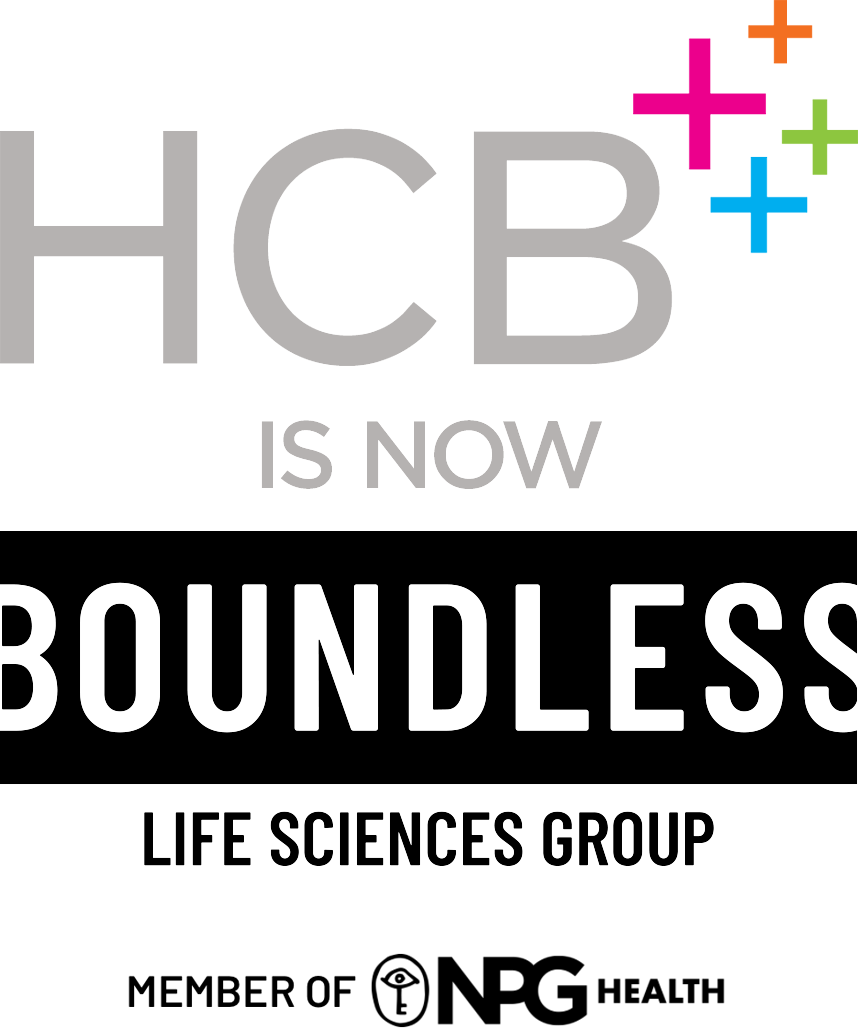Many years ago, a smart man from my first agency where I began a significant portion of my healthcare marketing career talked about the frontier of personalized medicine. The idea of personalized medicines giving targeted therapies to “cure” patients was a main driver of my desire to build my entire career in healthcare marketing. While I knew full well that I started a pathway of my career working with big pharma, where friends at parties would challenge how I could work for corporate entities with so many ethical challenges, I still knew that my pursuits in the industry would always think of the patients’ needs, first and foremost. I knew that everything I wanted to recommend to my clients would be prioritized through the lens of positive patient outcomes. I dove in headfirst, wide-eyed about making a difference and enthusiastic about working in innovative therapies that would be on the cutting edge of delivering personalized therapeutics. I sadly learned shortly thereafter, that it’d be awhile before that was actually true.
I spent the better part of the last few decades of my career working in the blockbuster ages of dyslipidemia therapeutics, battling the LDL wars and then in the autoimmune therapeutics fights against inflammation in a good number of disease indications. In the 90s and early 00s, the major brands fighting the LDL wars focused on treating with marginal efficacy differences and worked toward differentiation by secondary attributes and eventually some minor outcomes. Out these brands went and in the early 00s through today, the top brand rankings are dominated with the autoimmune disease therapeutics, where brands are positively impacting numerous indications, proving varying efficacy and just tipping into the ability to provide outcome measurements. For example, HUMIRA has 10 different indications and reported almost $20 billion in revenue in 2018, up 8.2% from 2017*. Incredibly impressive and undoubtedly changed many patients’ lives, but what I found interesting in both dominating therapeutic battles was the complacencies in perceived efficacy. Some clinical trial data in both dynamic marketplaces were, at times, marginal in 30% to 40% efficacy ranges. These brands were created in the days before therapeutic personalized medicine and the patients in the clinical trials were battling their diseases in mass, hoping to get the right medication that would work best for them, not just what was available to them by physician preference or formulary access.
What happened to that personalized medicine that I was so excited to learn about so early in my career? I quickly had to succumb to the complacency of efficacy messaging where the actual data, at times, wasn’t always the best, in my humble opinion. I did the best I could for any brand I was given the opportunity to help build their strategies, but I always and continue to expect more from them. I thought therapies would be more targeted and I would eventually not hear in message testing from physicians, “Well, that’s not what I see in my patients.” I saw the emergence of genetic testing in the general public where people asked to learn their genealogy and asked, “Why aren’t we able to make genetics that can map heritage to help map the prevalence of disease or likelihood of a patient’s more accurate diagnosis of either inherited or acquired diseases?” Cue the new genetic testing frontier.
Innovative biotech companies like Spark Therapeutics and Reata Pharmaceuticals are bringing therapies based on genetic testing and identification of certain inherited or acquired mutations. These new genetic testing methodologies, that bring targeted treatments that work directly to both diagnose and treat patients, are finally delivering on the pursuit of personalized medicine, which is pretty cool. We can start thinking about overcoming the long-standing compliancy of efficacy of lower yield results, to actual targeted therapies to the right patients that are going to benefit even more from treatments that are created with outcomes in mind first, not as post results created as real-world evidence. We’re seeing this in the oncology space and in therapeutic areas where more rare diseases are in significant need of the targeted treatments.
Genetic testing is opening the doors for the therapies of the future. Soon we’ll see a significant shift in the leading therapeutics where the days of blockbuster drugs aren’t the royalty and ranking as top revenue brands. Top brands could begin to be ranked by how targeted they are, reaching more immediate patient outcomes and where formulary P&T committees would seek out to have them included in their formulary committee reviews. We’re now working with the power to know what treatments really work for the right patients! I couldn’t be more excited to see what the future holds and proud to be a part of the new frontier.
Gabriel Cangiano is a VP, group account supervisor at HCB Health. Connect with Gabe on LinkedIn: https://www.linkedin.com/in/gabrielcangiano/


